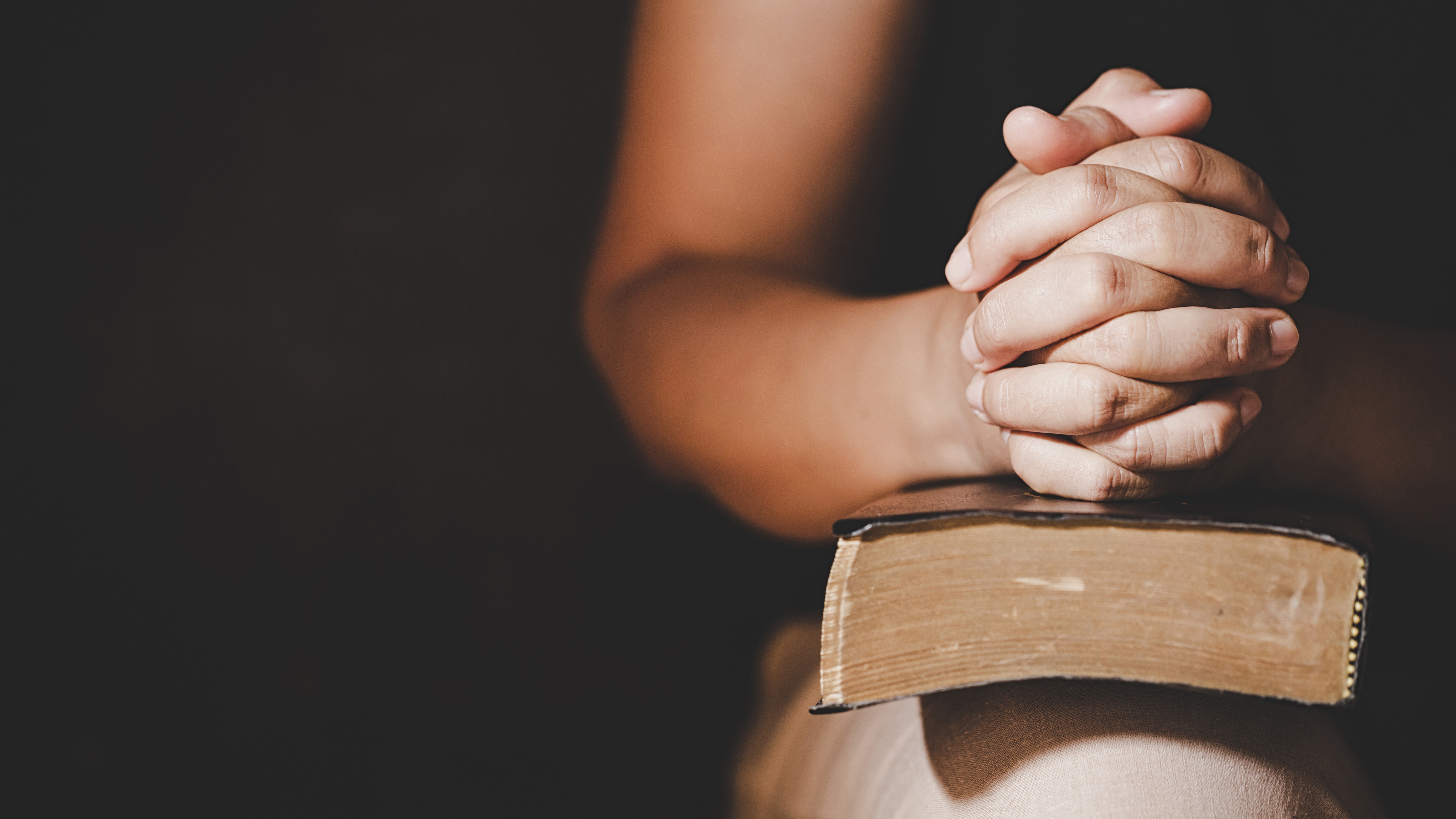Blog » Cremation and Religion: What Different Faiths Say

Navigating the intersection of cremation and religion is essential for those making end-of-life decisions aligned with their beliefs. Cremation and Religion explores what different faiths say about cremation practices and how they align with or differ from traditional beliefs. This comprehensive guide explores the varied perspectives of major religions on cremation, offering valuable insights for those seeking to honor both personal preferences and religious doctrines. Understanding these diverse viewpoints can help individuals and families make informed and respectful choices during difficult times.
Christianity and Cremation
Historical Context and Modern Views
Christianity's stance on cremation has evolved over time. Historically, Christians preferred burial, but many denominations now accept cremation.
Key points include:
- Catholic Church: Permits cremation if it doesn't signify a denial of faith in resurrection.
- Protestant Denominations: Generally more accepting of cremation as a personal choice.
- Biblical Interpretations: The Bible does not explicitly prohibit cremation, leading to varied interpretations.
Rituals and Practices
Christian funerals can incorporate cremation into traditional rites. Common practices include:
- Interring ashes in a columbarium.
- Scattering ashes in meaningful locations.
- Holding memorial services to honor the deceased.
Islam and Cremation
Strict Prohibition
Islam strictly prohibits cremation, viewing it as disrespectful to the body. This belief is rooted in religious texts and traditions.
Key points include:
- Quran and Hadith: Prescribe burial to ensure the body receives dignity.
- Bodily Resurrection: Belief in resurrection necessitates burial.
Cultural and Regional Practices
While burial is a core tenet, cultural practices may vary slightly:
- Uniformity: Muslims globally adhere to burial, though local customs may influence funeral practices.
- Respect for the Deceased: Emphasis on treating the body with utmost respect.
Hinduism and Cremation
Ancient Tradition
Hinduism predominantly supports cremation, seeing it as a purification process. Important aspects include:
- Reincarnation: Belief that cremation aids the soul's release.
- Antyesti: Traditional last rites involving cremation.
Spiritual Beliefs
Cremation is believed to:
- Liberate the soul, allowing it to progress toward moksha (liberation).
- Return the body to the elements.
Modern Adaptations
While traditional practices remain strong, modern adaptations are seen:
- Urban Settings: Adjusting rituals to fit contemporary contexts.
- Environmental Concerns: Consideration of eco-friendly cremation methods.
Buddhism and Cremation
Acceptance and Symbolism
Buddhism generally accepts cremation, reflecting the impermanence of life.
Key points include:
- Historical Precedent: The Buddha was cremated, setting a standard for followers.
- Symbolism: Cremation signifies the transience of physical existence.
Regional Variations
Practices can vary widely:
- Tibetan Buddhism: May practice sky burial alongside cremation.
- Japanese Buddhism: Predominantly practices cremation.
Rituals and Respect
Buddhist funerals focus on rituals that:
- Honor the deceased.
- Assist in their rebirth.
- Reflect compassion and respect.
Judaism and Cremation
Traditional Burial Preferences
Judaism traditionally favors burial over cremation. Important beliefs include:
- Bodily Resurrection: Burial aligns with the belief in resurrection.
- Religious Texts: Torah and Talmud directives support burial.
Reform and Conservative Movements
Liberal branches offer more flexibility:
- Personal Choice: Reform and Conservative Judaism may allow cremation.
- Evolving Understanding: Adapting to modern contexts and individual preferences.
Sikhism and Cremation
Rituals and Beliefs
Sikhism typically practices cremation. Key beliefs include:
- Reincarnation: The body is a vessel for the soul, which moves on after death.
- Respectful Return: Cremation as a way to return the body to nature.
Modern Practices
Sikh communities uphold traditional practices with modern adaptations:
- Ashes Scattering: Often in flowing water, symbolizing the soul's journey.
- Environmental Considerations: Modern Sikhs may seek eco-friendly cremation options.
Secular Perspectives on Cremation
Non-Religious Views
For those without religious affiliations, cremation is often chosen for practical reasons:
- Personal Preferences: Individual values and beliefs guide the choice.
- Environmental Impact: Cremation is viewed as a more sustainable option.
Cremation and Modern Society
Evolving Attitudes
Attitudes toward cremation are changing with societal trends:
- Increased Mobility: Urbanization and globalization influence cremation choices.
- Cultural Integration: Acceptance of cremation across diverse cultures.
Cultural Integration
Cremation's growing acceptance reflects broader societal integration:
- Global Practices: Adapting cremation practices to fit various cultural contexts.
- Respect for Beliefs: Ensuring practices honor diverse religious and cultural values.
Conclusion
Understanding the intersection of cremation and religion helps individuals make decisions that align with their beliefs. Whether influenced by ancient traditions, modern adaptations, or personal preferences, the choice of cremation reflects a rich tapestry of cultural and religious diversity. This guide aims to provide clarity and respect for the various faith-based perspectives on cremation, fostering informed and compassionate choices.
Recent Blog Posts
- The Heart Behind Every Word: Why Our Families’ Stories Mean So Much
- Affordable Cremation, Meaningful Goodbyes: How to Honor Life Without Financial Strain
- More Than Mourning: A Tribute to a Life Well Lived
- Go figure! Instagram and Facebook for Cremation Services
- The History of Cremation: From Ancient Rituals to Modern Choices
- What to Do When a Loved One Passes Away at Home
- Ashes in Pop Culture: How Cremation is Portrayed in Movies & TV
- Healing Through Green: How Plants Support Mental Health and the Grieving Process
- Eco-Friendly Cremation and Burial Options
- Direct Cremation in South Carolina and Why Families Prefer This Option
